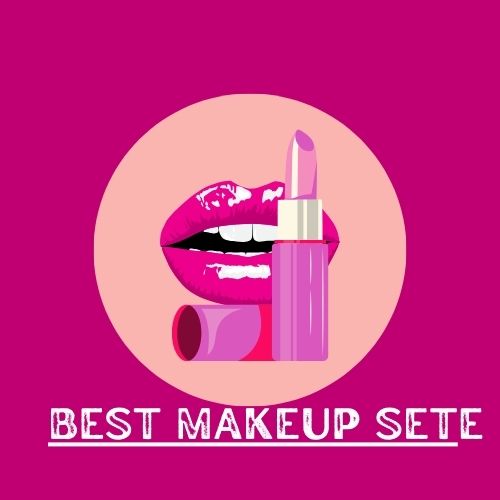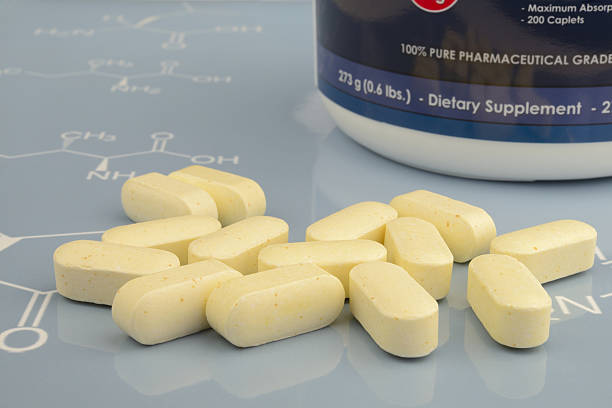Dipropylene glycol (DPG) is a synthetic chemical with various applications across various industries. From personal care products to industrial manufacturing, DPG’s versatility and effectiveness make it a popular choice. With its humectant, solvent, and emollient properties, DPG helps retain moisture, dissolve ingredients, and soften skin and hair. In this article, we’ll delve into the benefits and uses of DPG, exploring its applications and advantages in different fields.
What is Dipropylene Glycol?
Dipropylene glycol (DPG) is a synthetic liquid chemical used in various personal care and industrial applications. It’s a versatile ingredient that serves as a humectant, solvent, and emollient, making it a popular choice for multiple products. DPG is a colorless, odorless liquid with a mild, slightly sweet taste.
Due to its similar properties and benefits, DPG is often used as a substitute for propylene glycol (PG). However, DPG has a slightly different molecular structure, which gives it some unique advantages. For instance, DPG is less irritating and has better skin penetration than PG, making it a preferred choice for sensitive skin applications.
DPG is also an excellent humectant, meaning it helps retain moisture in the skin and hair. This makes it an ideal ingredient for skincare, hair care, and cosmetics. Additionally, DPG is used in various industrial applications, such as in producing plastics, adhesives, and coatings.
Benefits of Dipropylene Glycol
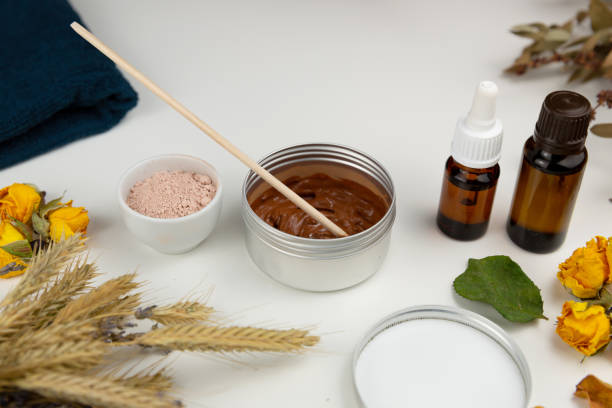
DPG offers numerous benefits in personal care applications. Its humectant properties help lock in moisture, leaving skin and hair feeling soft, smooth, and supple. It’s also an effective solvent, allowing it to seamlessly dissolve and blend with other ingredients. This makes it an excellent base for skincare, hair care, and cosmetics.
DPG’s emollient properties help fill gaps between skin cells, giving the skin an even texture and appearance. It’s also non-comedogenic and won’t clog pores or irritate acne-prone skin. Additionally, DPG is gentle enough for use in baby care products and sensitive skin applications.
DPG is also environmentally friendly, as it’s biodegradable and non-toxic. This makes it a popular choice for eco-conscious manufacturers and consumers. Furthermore, DPG is cost-effective and easy to use, making it a preferred ingredient in many industries.
Read More: Should I Do A Hair Mask Before Or After Shampoo?
Uses of Dipropylene Glycol
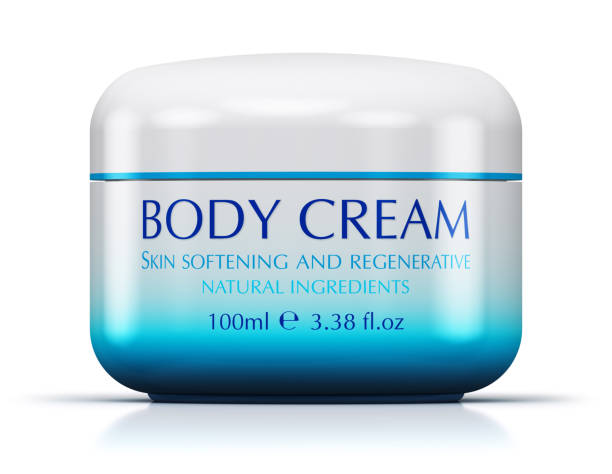
DPG has a wide range of uses in personal care and industrial applications. In skincare, it’s often used in moisturizers, creams, lotions, and serums to help lock in moisture and soothe dry skin. In hair care, DPG is used in shampoos, conditioners, and styling products to add moisture and shine to hair.
In cosmetics, DPG is used in lip balms, lip scrubs, and lip glosses to help lock in moisture and soothe dry lips. It’s also used in industrial applications, such as in producing plastics, adhesives, and coatings. DPG is also used in pharmaceutical applications, such as ointments and creams.
DPG is also used in food and beverage applications, such as in producing flavorings and fragrances. Its mild, slightly sweet taste makes it an ideal ingredient for food products. Furthermore, DPG is used in agricultural applications, such as in producing pesticides and fertilizers.
Safety and Precautions
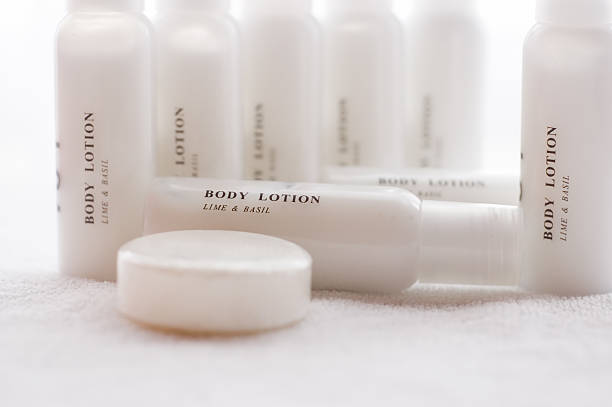
Dipropylene glycol (DPG) is generally considered safe and non-toxic. However, like any chemical, it can cause irritation or allergic reactions in some individuals. Here are some safety precautions to keep in mind:
DPG can cause skin irritation, mainly if used in high concentrations or for extended periods. If you experience any redness, itching, or burning, discontinue use and consult a healthcare professional.
DPG can also cause eye irritation, so avoid getting it in your eyes. If you get DPG in your eyes, rinse thoroughly with water and seek medical attention if irritation persists.
In rare cases, DPG can cause respiratory problems if inhaled. If you experience difficulty breathing or chest pain, seek medical attention immediately.
When handling DPG, wear protective gloves and eyewear, and work in a well-ventilated area.
Always follow the instructions and guidelines the manufacturer or supplier sets when using DPG, and consult a healthcare professional if you have any concerns.
Further More: Natural Face Scrub For Dry Skin
Conclusion
Dipropylene glycol (DPG) is a versatile and effective ingredient with many uses in personal care and industrial applications. Its humectant, solvent, and emollient properties make it an ideal choice for skincare, hair care, and cosmetics. Additionally, its environmental friendliness, cost-effectiveness, and ease of use make it a popular choice for manufacturers and consumers. While DPG is generally considered safe and non-toxic, following safety precautions and guidelines is essential to avoid any potential irritation or allergic reactions. With its numerous benefits and uses, DPG is a valuable ingredient in many industries, and its popularity is expected to grow.
FAQs
What is propylene glycol (DPG)?
DPG is a synthetic liquid chemical used in personal care and industrial applications as a humectant, solvent, and emollient.
What are the benefits of using DPG in skincare?
DPG helps retain moisture, soothe dry skin, and improve skin texture and appearance. It’s also non-comedogenic and gentle enough for sensitive skin.
Is DPG safe to use in hair care products?
Yes, DPG is safe to use in hair care products. It helps lock in moisture, add shine, and soften hair.
What are the industrial applications of DPG?
DPG is used in various industrial applications, including plastics, adhesives, coatings, etc.
Is DPG environmentally friendly?
DPG is biodegradable and non-toxic, making it an environmentally friendly choice for manufacturers and consumers.
